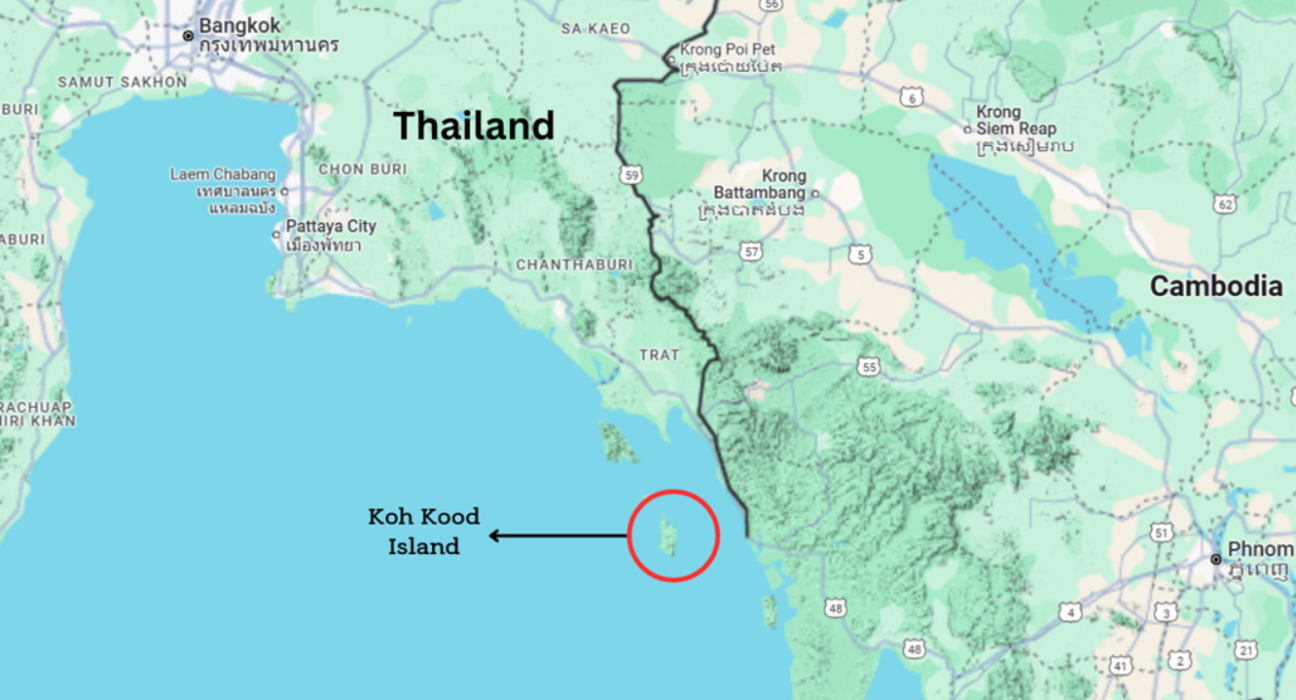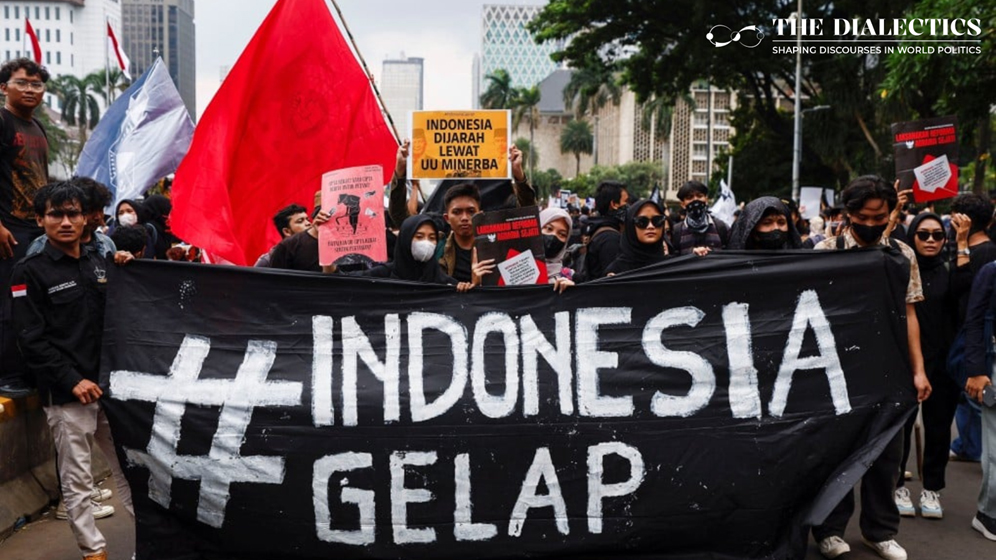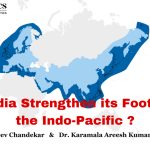A dispute over the maritime boundary of Koh Kood has been brewing between Thailand and Cambodia. The Koh Kood Island is located at the Gulf of Thailand. The nature of this maritime dispute pertains over the ownership of the island, presence of oil and gas reserves, varying maps of Koh Kood which interpret controversial ownership of the island and lack of mutual agreement addressing demarcation of maritime boundary and ownership. In addition, what increases the significance of this island is that it is habitable by nature (UNCLOS, article 121) and hence it is legally eligible for territorial sea, contiguous zone, exclusive economic zone and continental shelf. Given its immense potential and presence of vital stakes, the nature of this maritime dispute tilts towards dispute over maritime resources and sovereignty.
However, geographically Koh Kood Island lies well within Thailand’s territorial sea and contiguous zone. In 2001, during the Premiership of Thaksin Sinawatra both Thailand and Cambodia had signed the “Memorandum of Understanding- 44” (MOU-44) which laid down the framework for bilateral negotiation over overlapping claim areas (OCA). In short, the MOU-44 is neither a final settlement nor recognises the legal ownership over the island by any one party. Rather the MOU-44 is a joint negotiation mechanism which acts as maritime dispute strategy. Subsequently under this MOU, the area of this island is partitioned into two sections which are meant for boundary delimitation and joint development.
Zooming into the present times, Thaksin Shinawatra’s Pheu Thai Party is heading the current government of Thailand and Hun Sen’s son Hun Manet is in power in Cambodia. There is a possibility that the negotiation on the Koh Kood Island might take place between both the parties, given the closeness between them mostly at the familial level. However, the complexity of the dispute traces its genesis from the colonial past and its agreements which currently invites rigorous negotiation for dispute resolution. Yet another element is that if the formal negotiation starts, it might affect the popularity of both the government in their respective states and can simultaneously inflame nationalist sentiments. The issue is way more precarious for Thailand as it exercises full sovereign control over the Koh Kood Island. If Thailand chooses to compromise on certain contested area of the island, it is going to invite severe criticisms. On the flip side, the negotiation might open scope for joint energy exploration in this disputed area which in turn acts like a mechanism for confidence-building.




